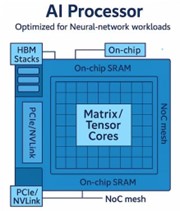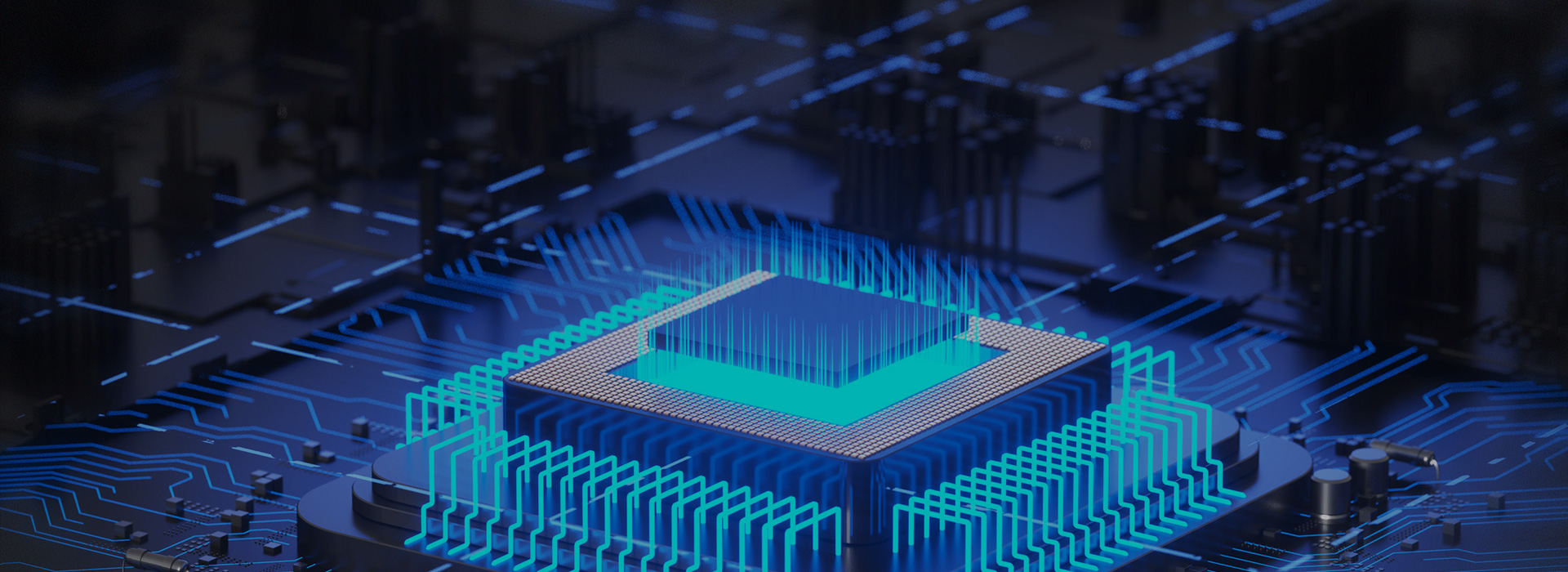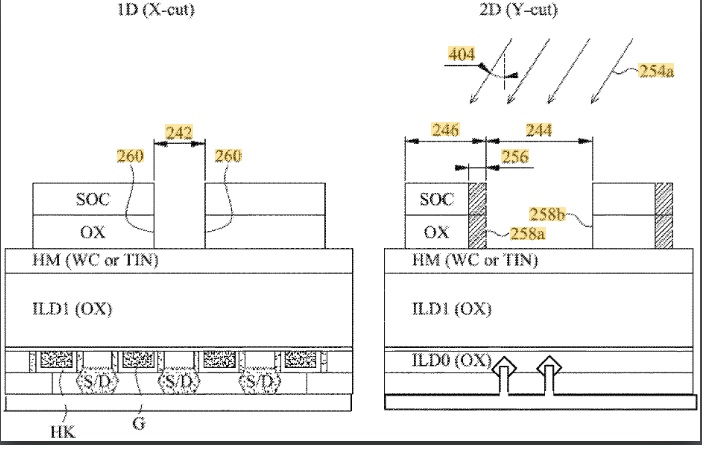Paul Cunningham (GM, Verification at Cadence), Jim Hogan and I launched our series on Innovation in Verification at the beginning of last year. We wanted to explore basic innovations and new directions researchers are taking for hardware and system verification. Even we were surprised to find how rich a seam we had tapped. We plan… Read More
 Hardware is the Center of the Universe (Again)The 40-Year Evolution of Hardware-Assisted Verification — From…Read More
Hardware is the Center of the Universe (Again)The 40-Year Evolution of Hardware-Assisted Verification — From…Read More Smarter ECOs: Inside Easy-Logic’s ASIC Optimization EngineEasy-Logic Technology Ltd. is a specialized Electronic Design…Read More
Smarter ECOs: Inside Easy-Logic’s ASIC Optimization EngineEasy-Logic Technology Ltd. is a specialized Electronic Design…Read More The Name Changes but the Vision Remains the Same – ESD Alliance Through the YearsThe Electronic System Design Alliance (ESDA) has been…Read More
The Name Changes but the Vision Remains the Same – ESD Alliance Through the YearsThe Electronic System Design Alliance (ESDA) has been…Read More TSMC Process Simplification for Advanced NodesIn the modern world, the semiconductor industry stands…Read More
TSMC Process Simplification for Advanced NodesIn the modern world, the semiconductor industry stands…Read More CEO Interview with Juniyali Nauriyal of PhotonectJuniyali Nauriyal is the CEO and Co-Founder of…Read More
CEO Interview with Juniyali Nauriyal of PhotonectJuniyali Nauriyal is the CEO and Co-Founder of…Read MoreThe Spartan flow for custom silicon: when losing is NOT an option.
Every so often a custom silicon socket comes up at a system company that you simply cannot afford to lose if you’re a silicon supplier. These are the types of custom silicon sockets that last for generations of a product, in huge and predictable volumes, and for whatever reason they may become available. It’s not easy to predict… Read More
Automotive SoCs Need Reset Domain Crossing Checks
When the number of clock domain crossings (CDCs) in SoCs proliferated it readily became apparent that traditional verification methods were not well suited to ensuring that they were properly handled in the design. This led to the creation of new methods and tools to check for correct interfaces between domains. Now, in automotive… Read More
Siemens EDA is Applying Machine Learning to Back-End Wafer Processing Simulation
There’s a lot to unpack in the title of this post. First, Siemens EDA is the new name for Mentor, a Siemens Business. The organization continues to operate as part of Siemens Digital Industries Software. The organization has released a white paper that describes research done with the American University of Armenia. The work examines… Read More
Uber v Alto Ride Hail Streetfight
Uber, Lyft, Postmates, Instacart and Doordash were successful in their nearly $200M effort to pass California’s Proposition 22 in November – to allow gig operators to avoid treating their drivers as full-time employees with all of the associated employee benefits and legal protections. In the midst of a devastating pandemic… Read More
CES 2021 Goes All Digital
CES, the massive consumer technology show put on by the Consumer Technology Association (CTA), was held this week. Due to the global COVID-19 pandemic, CES 2021 was all digital. Last year, CES 2020 had over 170,000 attendees from over 160 countries and 4,400 exhibiting companies.
CES 2020 was held January 7-10, 2020 in Las Vegas,… Read More
CES 2021 and all things Cycling Technology
It’s January so time to give you another summary of what I’ve found at CES 2021 about new cycling products that have electronic content. During the pandemic in 2020 we’ve seen a surge in sales for bicycles, e-bikes, spin bikes and trainers as people wanted a simple way of getting around town running errands, or… Read More
Podcast EP3: Tomorrow’s Semiconductors with Jim Hogan
Dan and Mike are joined by industry luminary Jim Hogan. In a rare interview, Jim talks about his life – how he got into semiconductors, EDA and venture investing. Jim’s time at Cadence as well as his work at ARM are explored. Jim also provides a concise and informative overview of how venture investing works. The podcast… Read More
CEO Interview: Arun Iyengar of Untether AI
I had a chance to catch up with Arun Iyengar, CEO of Untether AI. Untether AI recently unveiled its tsunAImi accelerator cards powered by the company’s runAI devices. Using at-memory computation, Untether AI breaks through the barriers of traditional von Neumann architectures, offering industry-leading compute density … Read More
ISS 2021 – Scotten W. Jones – Logic Leadership in the PPAC era
I was asked to give a talk at the 2021 ISS conference and the following is a write up of the talk.
The title of the talk is “Logic Leadership in the PPAC era”.
The talk is broken up into three main sections:
- Background information explaining PPAC and Standard Cells.
- A node-by-node comparisons of companies running leading edge logic










CEO Interview with Aftkhar Aslam of yieldWerx